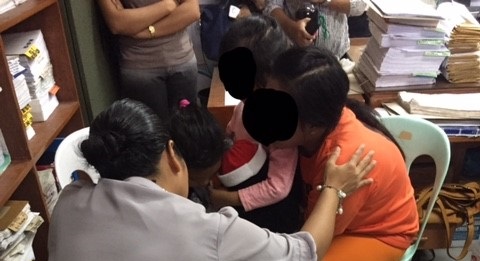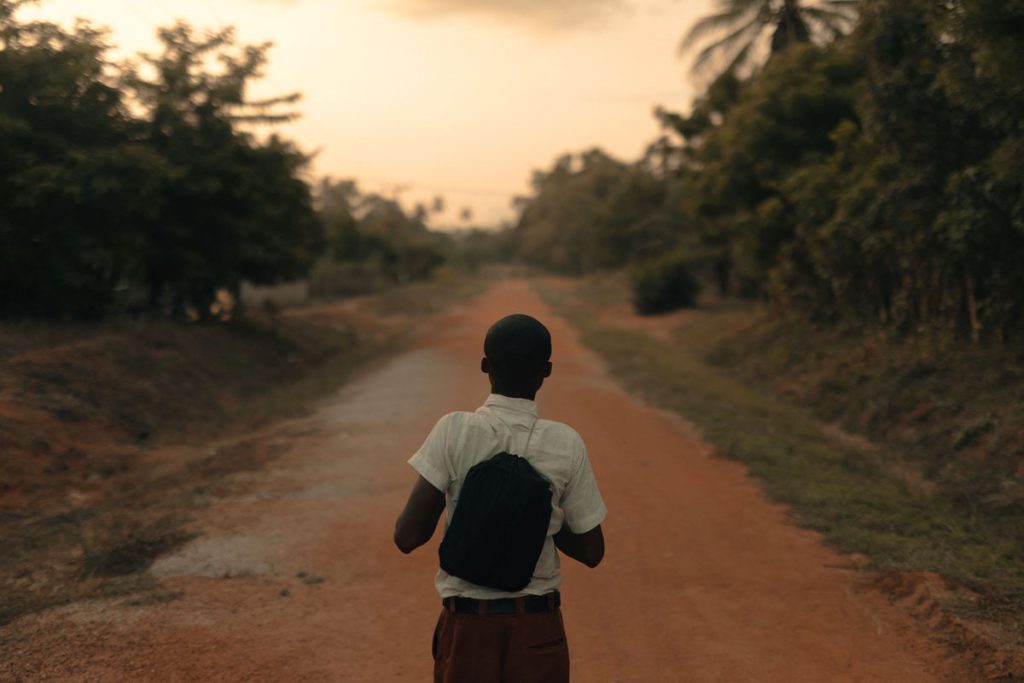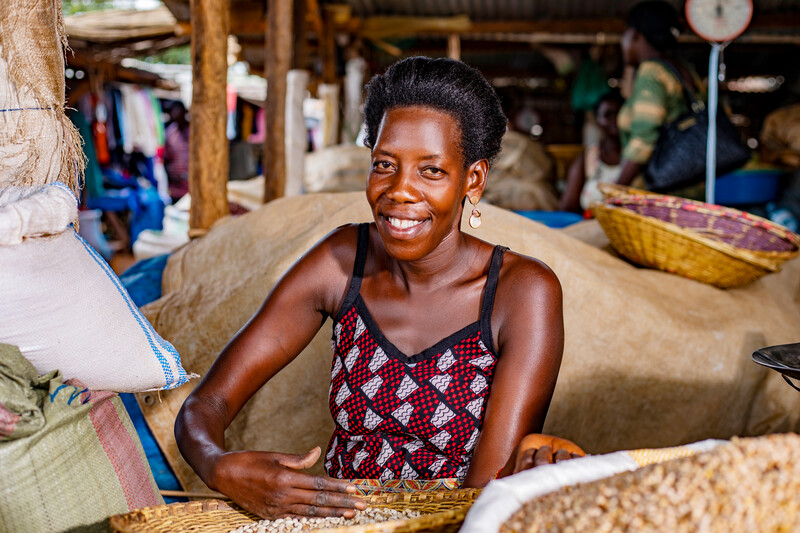
Yen Daly
During my first few months at IJM’s Cebu Field Office, I attended one of my first promulgations (sentencing) that was followed by a reconciliation conference. We offer reconciliation meetings as an aftercare service here at IJM Cebu.
This is where we facilitate an opportunity of reconciliation between survivor and perpetrator on a case by case basis when necessary to facilitate the healing of the survivor.
During my first few months at IJM’s Cebu Field Office, I attended one of my first promulgations (sentencing) that was followed by a reconciliation conference. We offer reconciliation meetings as an aftercare service here at IJM Cebu.
This is where we facilitate an opportunity of reconciliation between survivor and perpetrator on a case by case basis when necessary to facilitate the healing of the survivor.
In this particular case, a 25-year-old mother had abused her daughters in the creation of child sexual abuse materials (cybersex trafficking). She decided to plead guilty to her nine charges which led to a 26-year jail sentence. She will be transferred to a detention facility in Luzon (a different island) which means she will be far away from her relatives, her community, and of course, her daughters.
You might be disgusted at what this mother did, and I think that’s an appropriate response. What she did was inexcusable and deserves punitive consequences. But I am always struck by the words of death-row lawyer Bryan Stevenson:
Each of us is more than the worst thing we have ever done
What I saw that day was a person who realised that what she had done was dehumanising to herself and her own daughter, and so she decided she wanted to change.
But what I also saw were people willing to view her as more than a perpetrator – as more than her crime – and instead view her as a broken person, who needed to be shown a new way of being human.
During the reconciliation meeting, the mother told the attending psychologist that she was ready to face the consequences because it truly was her fault. She also apologised profusely to her daughters and begged them not to make the same decisions that she had done – for them to choose a different life. This is critical to a reconciliation. Often child victims feel guilt that the abuser is going to jail, as if it were the child’s fault.
So for the perpetrator to apologise to the victims and reinforce that it wasn’t the fault of the victim but completely their own, is huge for the child’s healing process.
When the perpetrator was leaving the courtroom, it wasn’t that she was resigned, but she looked ready and accepted what was before her; like her eyes had been opened and she saw that what she had done was truly evil.
She even came to thank – and even hug! – the prosecution: us – the very people who were putting her in jail.
Obviously, it doesn’t end here. Both mother and daughters still have a long journey ahead in terms of their healing and processing. But IJM’s Aftercare team and a local shelter partner will be walking with them until the children are restored and successfully reintegrated into the community. While it’s not an automatic happily-ever-after, it is a way forward for this family to grow on a foundation of truth, justice, forgiveness and desire for healing – rather than lies, bitterness and self-justification.
Yen is from Adelaide and currently serves at IJM Cebu as a Legal Fellow.
Learn more about cybersex trafficking here.
Watch the story of Maarko*, a survivor of cybersex trafficking, here.




